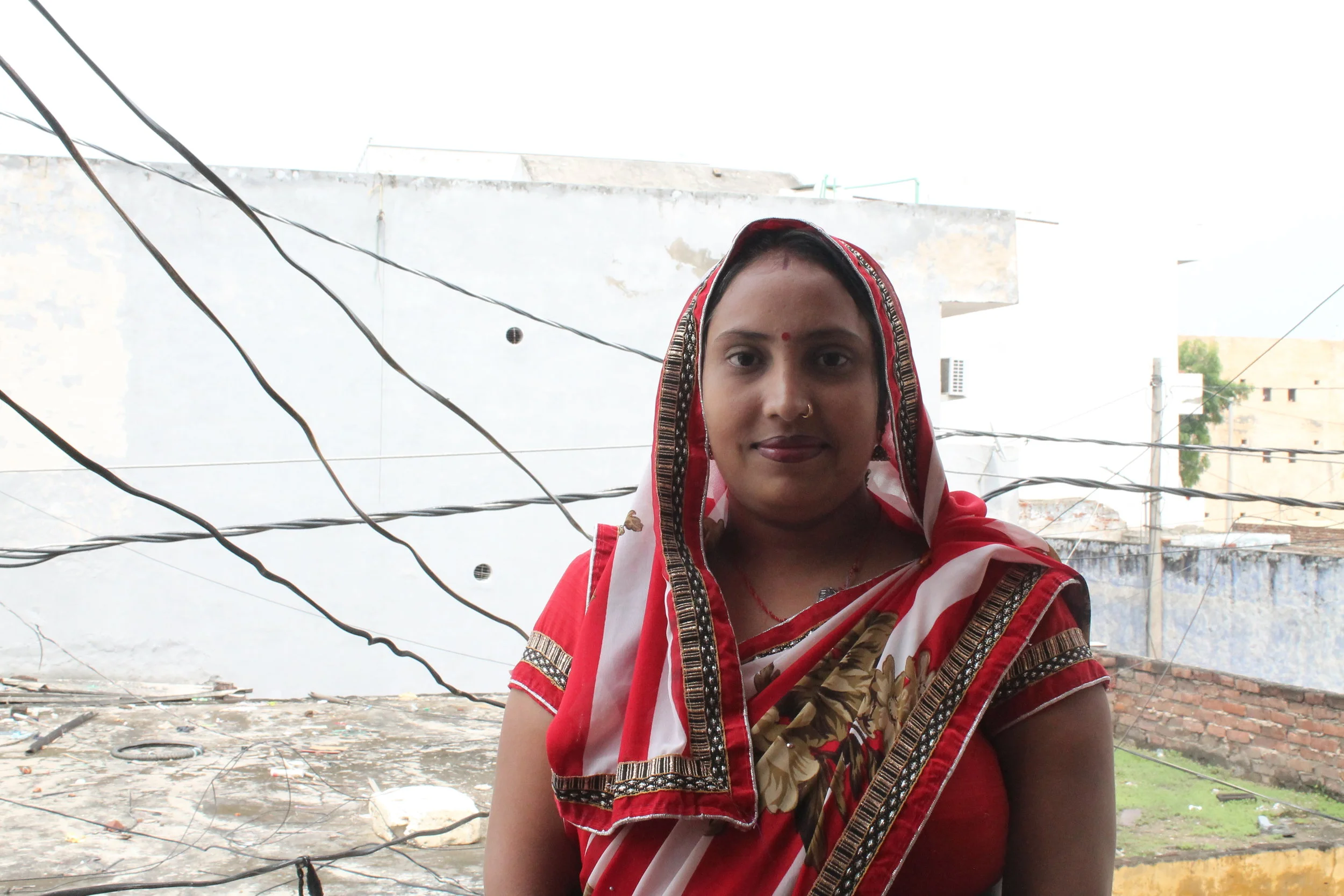NGO Swasti’s new Integrated Community Health and Wellbeing (ICHW) centre is helping to improve the sanitation and basic healthcare problems in Mohammadpur village. Located on the outskirts of Delhi, the village is home to hundreds of female garment workers. Tin-roofed shacks commonly house a family of five in each room; stray malnourished dogs populate the crumbling courtyards; disease is rife, which is why ‘quacks’ or unqualified doctors who set up makeshift huts here often do a roaring trade – particularly among female members of the community.
‘Women here are too afraid or ashamed to go to hospital, so quacks are their only resort,’ Shaonli Chakraborty, Swasti’s programme director and founder of the ICHW centre. ‘We are fighting to tackle the sanitation issues here, but by offering home appointments, sexual healthcare and accessible sanitary pads, we’re reaching more women than we ever thought possible. These women are often prisoners in their own home; our service is medical and emotional – we’re a lifeline.’
The centre’s social impact on the village is palpable. It’s yet to even officially open its doors, but the need for professional medical help is so great that the centre is already treating up to 15 people a day and offering a support network for women who have no where else to turn. Mamta, a beautiful, head-strong woman veiled in red (pictured above), meets weekly with other women in the centre’s self-help groups, which have formed voluntarily to reach out to vulnerable women in the community. Inside the building’s dark, protective walls, far from the earshot of curious men lingering outside, she tells me, ‘In this village, there was no difference between a mosquito and a woman. The group gives me a purpose to leave the house. I feel empowered now, where once I was oppressed. Finally, I feel human. And I am determined to help other women here find freedom.’
Another, Priyanka, shares with me a poem she has written in English since taking language lessons at the centre. It is entitled ‘ I believe’.
The women here are still too afraid to exit ICHW’s doors without wearing a full-face veil, but despite the oppressive heat and suspicious stares in this sewage-strewn home to thousands, it feels as though some of the fears for their future may finally be lifting.
To read the full article, click here

